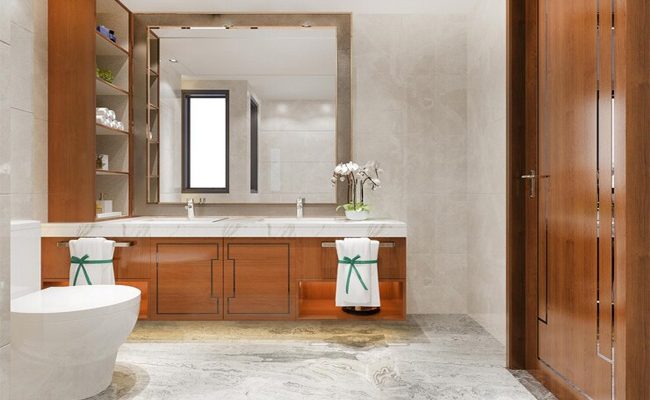
Renovating a bathroom can be an exciting endeavor, but dealing with the waste generated during the process can be a daunting task.
From discarded fixtures to construction debris, handling renovation waste responsibly is essential for both environmental sustainability and personal convenience. Fortunately, several strategies exist to effectively manage and get rid of bathroom renovation waste.
Rent a Dumpster or Skip
For larger renovation projects, renting a dumpster or skip can provide a centralized location for collecting waste. This method allows for easy disposal and keeps the construction site organized, minimizing the risk of accidents or delays caused by scattered debris. Ensure the dumpster is placed in an accessible area that doesn’t obstruct traffic or violate any local regulations.
Reuse and Recycle
One person’s trash might be another’s treasure. Evaluate items that are in decent condition and consider donating them to charity organizations, friends, or family members. Fixtures like sinks, toilets, or cabinets that are still functional can find new homes rather than ending up in landfills.
Additionally, recycling materials such as metal pipes, glass, or certain types of plastic can significantly reduce the volume of waste produced during a renovation. Contact local recycling facilities to learn what materials they accept and how they should be prepared for recycling.
Segregate Waste
Segregating waste during the renovation process can simplify disposal and recycling. Keep separate containers for different types of waste, such as metal, plastic, wood, and general debris. This segregation makes it easier to sort materials at the end of the project and ensures that recyclable items don’t end up mixed with non-recyclables.
Hire a Waste Removal Service
Engaging a waste removal service can be immensely helpful, especially when dealing with bulk waste or hazardous materials like old tiles, adhesives, or paints. Professional waste removal companies are equipped to handle different types of waste, ensuring proper disposal while adhering to local regulations and environmental standards.
Local Waste Disposal Regulations
Familiarize yourself with local waste disposal regulations before disposing of renovation waste. Different municipalities have varying rules regarding the disposal of construction and renovation debris. Some materials might require special handling or specific disposal methods to comply with local laws.
Repurpose Materials
Creative repurposing can give a new lease of life to certain materials. For instance, old tiles can be broken up and used as mosaic art, or reclaimed wood can be transformed into shelves or decorative pieces. By repurposing materials, you not only reduce waste but also add unique touches to your space.
Plan Ahead
Before embarking on a bathroom renovation project, create a comprehensive plan that includes waste management strategies. Determine what materials will be replaced or removed and consider how to dispose of them responsibly. Having a clear plan will streamline the waste removal process and minimize any last-minute challenges.
DIY Disposal
If permitted by local regulations, some renovation waste can be disposed of personally. However, ensure proper safety measures are in place. Wear appropriate protective gear and use the correct tools for dismantling fixtures or breaking down materials. Transport waste to designated disposal sites responsibly, ensuring it’s properly secured to prevent spillage.
Final thoughts
Renovating a bathroom can breathe new life into a space, but managing the resulting waste is a crucial aspect often overlooked. By implementing a combination of strategies—such as recycling, repurposing, segregating, and utilizing waste removal services—you can effectively and responsibly get rid of bathroom renovation waste. Not only does this contribute to a cleaner environment, but it also streamlines the renovation process, leaving you with a refurbished bathroom and a clear conscience.
Leave a Reply